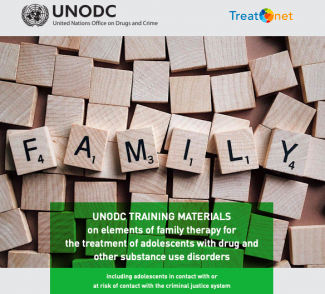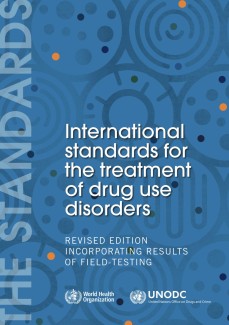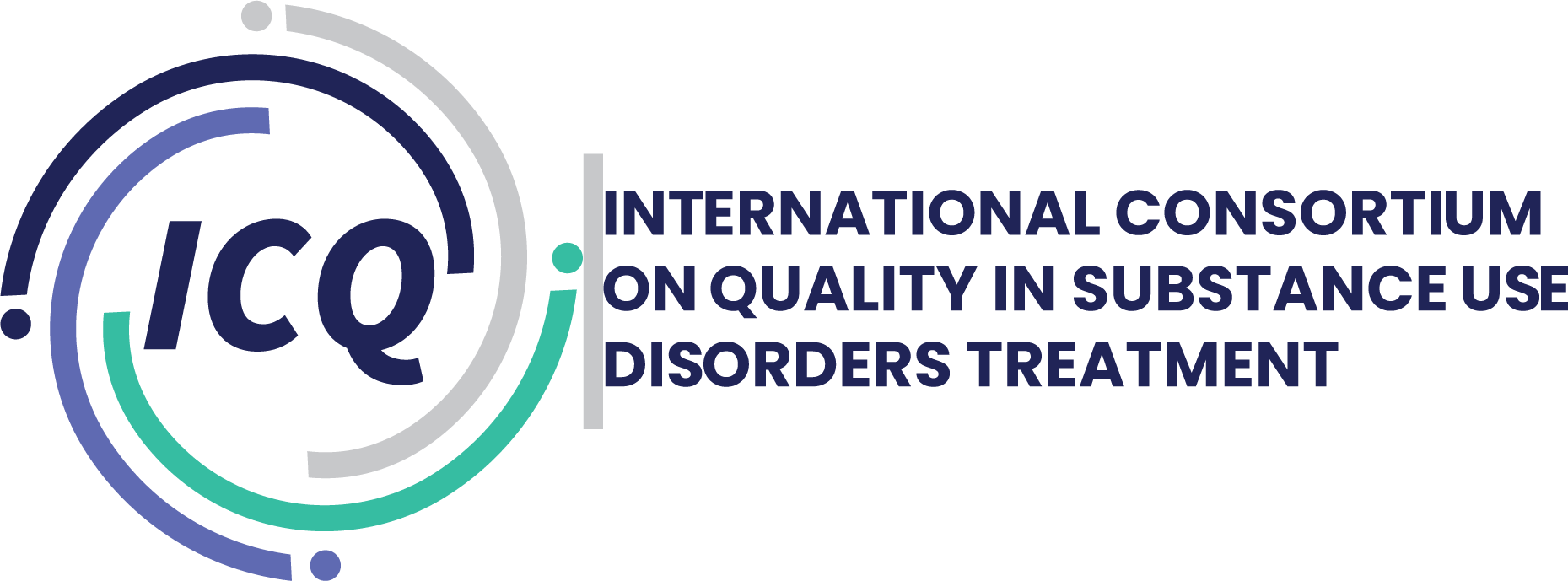Applying interventions designed to reduce and manage the symptoms of substance use disorders.
Treatment
Video: 2-Minute Concise Series on Addictions with Kevin Alderson, PhD, R. Psych.
A YouTube playlist containing thirty two-minute concise videos about addictions. The numbering of the series is based on the chapter numbers for the award-winning textbook, “Addictions Counseling Today: Substances and Addictive Behaviors”...
TREATNET
The developmental stage of adolescence involves dramatic biologic, psychological, and behavioural changes. It is a time where young people start to explore, seek further independence and experiment with new experiences. It is also a time...

UNODC WHO Revised International Standards for the Treatment of Drug Use Disorders
This document, ‘The International Standards for the Treatment of Drug Use Disorders' is the work of UNODC and WHO to support Member States in their efforts to develop and expand effective, evidence-based and ethical treatment for drug use...

Adolescent Brain Development, Substance Use, and Psychotherapeutic Change
Adolescence involves dramatic biologic, psychological, and behavioural changes. Adolescents respond, learn and explore their environment, forming new relationships and further developing their identity. It is often a time where individuals...

Practical Recommendations in the Treatment of Eating Disorders
Description
This presentation will discuss strategies for effectively assessing, conceptualizing, and treating co-morbid eating disorders and substance use disorders. The presentation will begin with a brief review of quantitative and qualitative assessment strategies, followed by a short discussion around case conceptualization.
COVID-19 HIV Prevention, Treatment, Care and Support for People who Use Drugs and People in Prisons
All people have the right to health, even in countries under lockdown or where a state of emergency has been declared. People who use drugs can be particularly vulnerable to COVID-19 due to underlying health issues, stigma, social...

Telehealth Learning Series
The Addiction Technology Transfer Center (ATTC) Network, the Center for Excellence on Protected Health Information (CoE-PHI), the National Consortium of Telehealth Resource Centers, and the Center for the Application of Substance Abuse...
COVID-19 and People with Alcohol-related Problems: Recommendations for Services
COVID-19 is a rapidly evolving pandemic with national advice and guidance updated regularly. The fact that alcohol may no longer be consumed in public places, increases risks related to home drinking, where alcohol is cheaper, compounded by...
